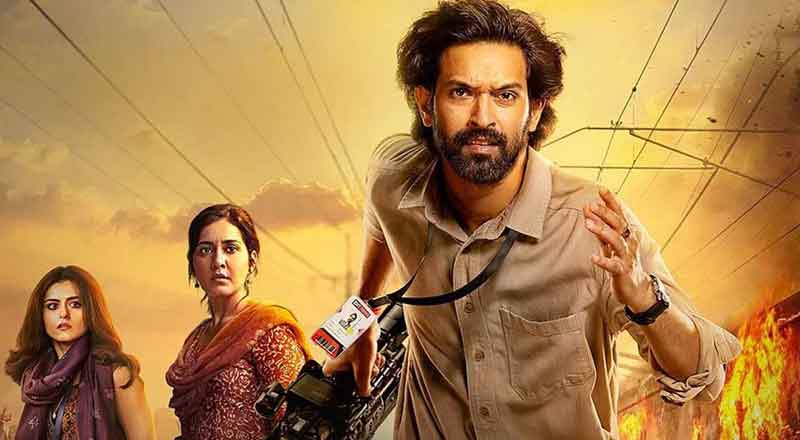A Film with a Powerful Narrative
The Sabarmati Report, directed by Dheeraj Sarna and starring Vikrant Massey, is a gripping film centered on the harrowing events of February 27, 2002. The burning of the S-6 coach of the Sabarmati Express near Godhra station resulted in the tragic death of 59 Hindu devotees returning from Ayodhya. This incident, a catalyst for the Gujarat riots of 2002, remains one of the most controversial chapters in modern Indian history.
Critics have lauded the film for its unflinching portrayal of the events and its effort to shed light on the human toll of the tragedy. Featuring a stellar cast that includes Raashii Khanna and Ridhi Dogra, the film’s balanced narrative has sparked meaningful discussions, making it a significant cultural contribution. Since its release, the film has grossed over ₹20 crore in just 12 days, reflecting its resonance with audiences across the country.
States Declaring the Film Tax-Free
Odisha has become the seventh BJP-ruled state to exempt The Sabarmati Report from entertainment tax. The announcement was made by Odisha’s Parliamentary Affairs Minister Mukesh Mahaling in the state assembly, highlighting the government’s recognition of the film’s socio-cultural relevance.
Before Odisha, six other states had already made the film tax-free:
- Uttar Pradesh
- Haryana
- Rajasthan
- Chhattisgarh
- Madhya Pradesh
- Gujarat
The tax exemption ensures that a wider audience can access the film, emphasizing its importance as an educational and cultural resource.
A Story That Demands Attention
The film’s narrative intricately delves into the Godhra train tragedy, reconstructing the events that led to the incident and its aftermath. Vikrant Massey’s powerful performance as the lead character has been widely praised, capturing the emotional and psychological complexities of those involved.
Producer Ektaa R Kapoor, known for her bold storytelling choices, joined forces with Shobha Kapoor, Amul V Mohan, and Anshul Mohan to bring this sensitive story to the big screen. Critics have commended the film’s direction and screenplay for presenting the facts with nuance, avoiding sensationalism, and encouraging viewers to reflect on the broader implications of communal violence.
Public and Critical Response
While the film has earned appreciation for its compelling storytelling, it has also sparked debates about its portrayal of sensitive issues. Many believe it serves as a reminder of the need for communal harmony and the importance of understanding the socio-political dynamics that lead to such incidents.
The box office success of The Sabarmati Report indicates strong public interest in narratives that tackle real-life incidents with authenticity and depth.
A Cinematic Catalyst for Reflection
The decision by seven states to make The Sabarmati Report tax-free highlights its cultural and educational impact. Beyond its cinematic appeal, the film acts as a mirror to society, urging audiences to confront uncomfortable truths and draw lessons from history.
With its growing popularity and widespread recognition, The Sabarmati Report not only contributes to Indian cinema but also reinforces the importance of storytelling as a means of fostering understanding and dialogue. The film’s success demonstrates that audiences are eager for narratives that challenge, educate, and inspire.
(With inputs from agencies)





